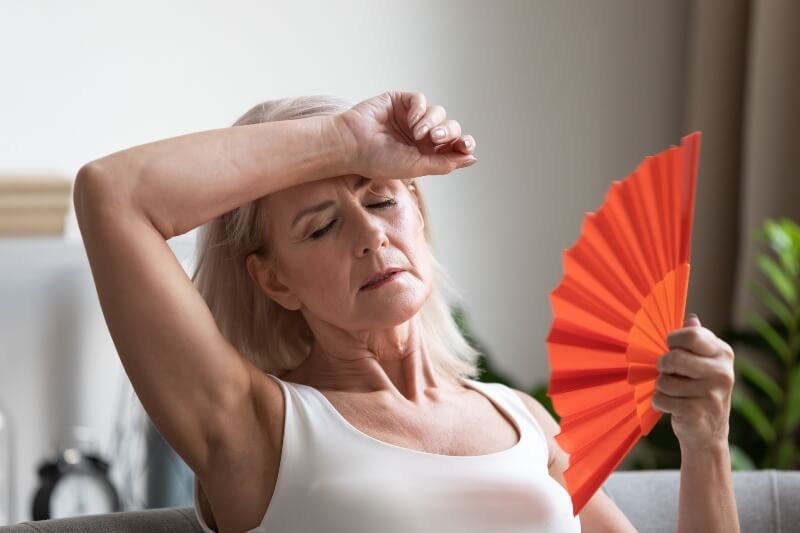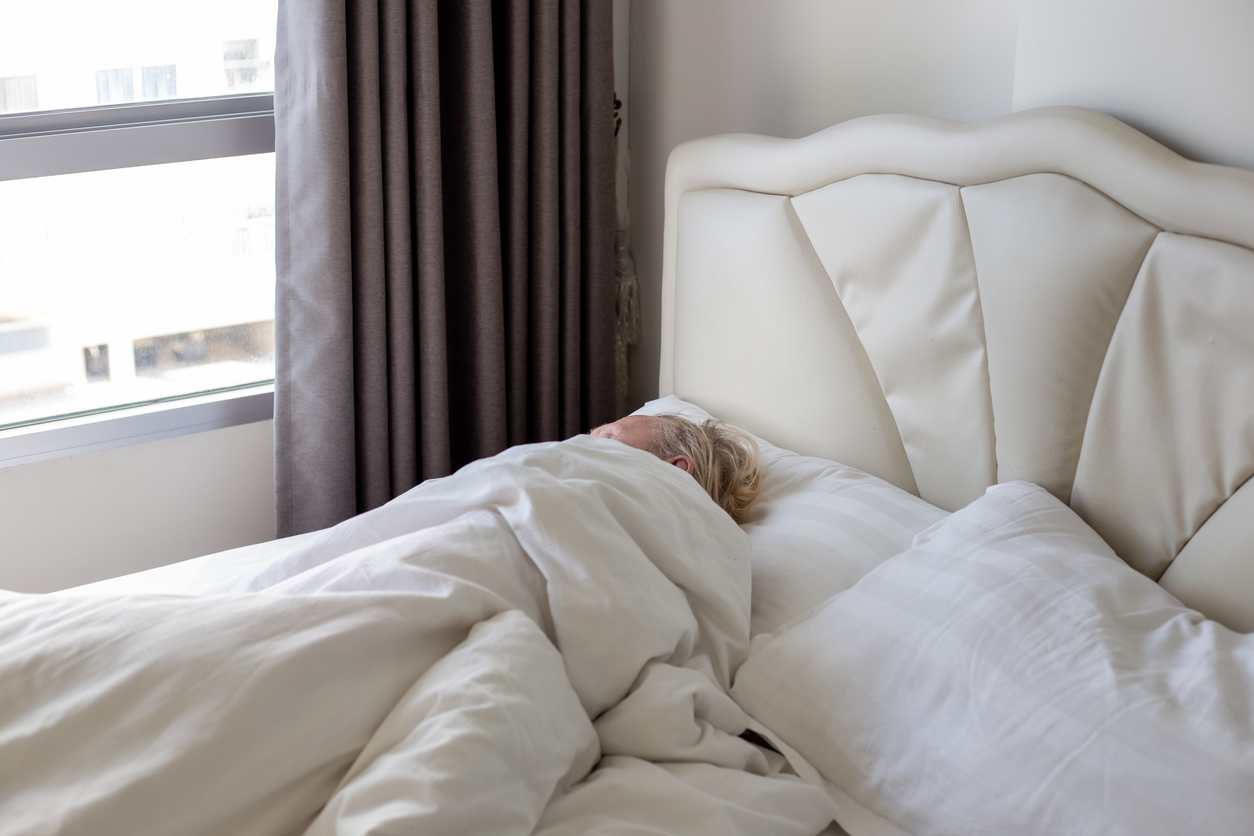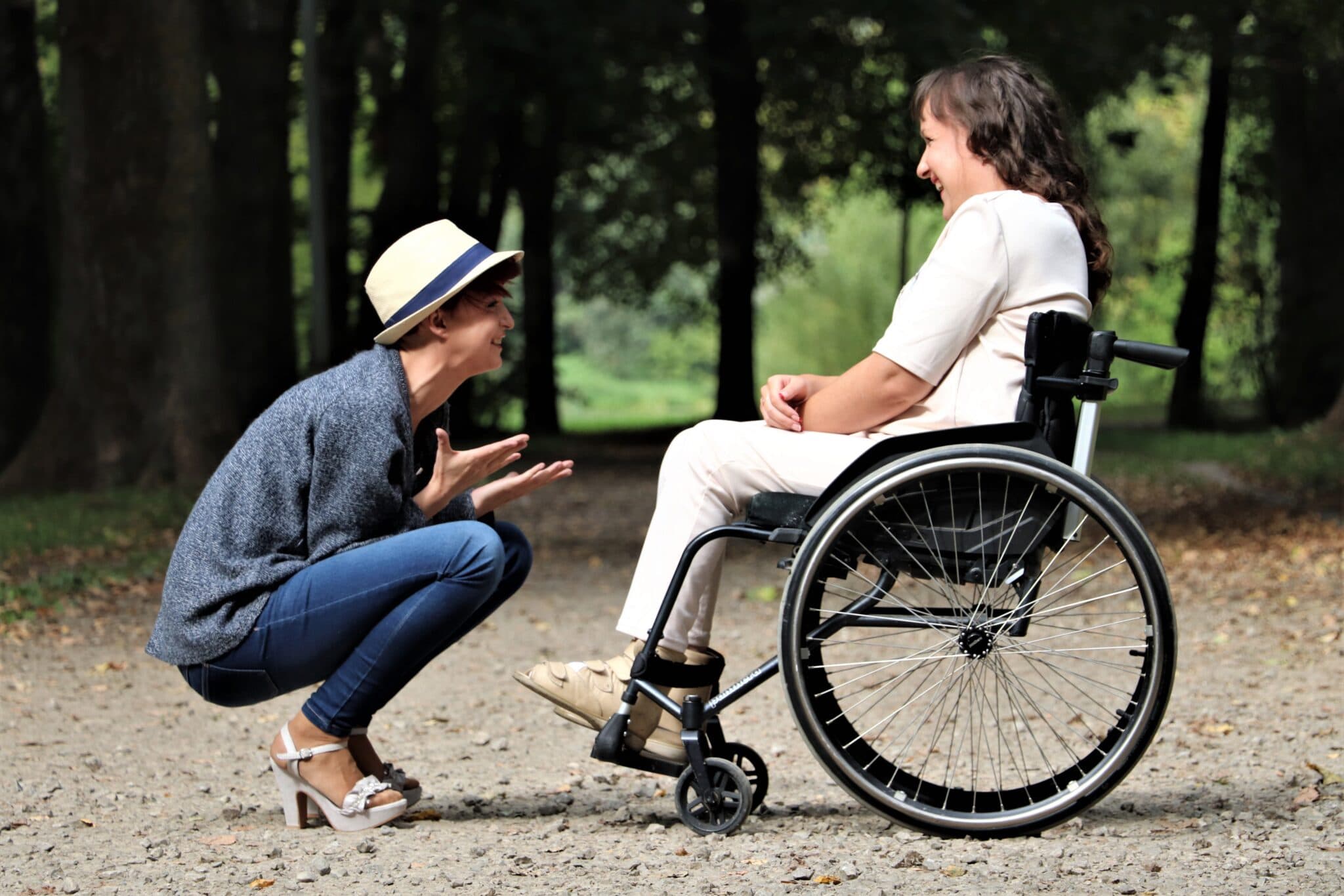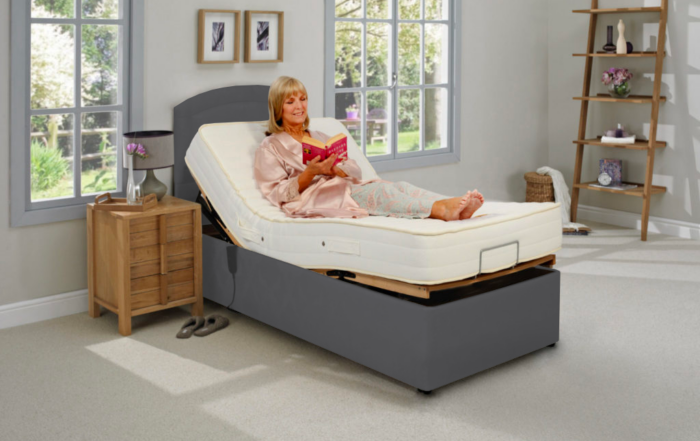How to Get Better Sleep During Menopause
Social Links
Let’s be honest, it’s a privilege to reach old age. Despite that, no one really looks forward to the ageing process. Whilst many perks come with finally nudging over the official OAP line, there’s no denying things start to slow down and don’t work as well as they used to.
Fortunately, science and modern medicine have made these changes much easier to cope with, and many products and services are available to help ease the strain of this tricky time.
As well as aspects of ageing that affect men and women, half of the population have menopause to contend with too. Menopause is different for everyone, but all women experience symptoms of some kind – including disruption to natural sleep patterns. Thankfully, there’s a lot more research being done these days and many things that can help us not only get better sleep during menopause but feel more positive and energetic during the day, too.
What is menopause?
Sometime around middle age – usually between 45 and 55 years – the amount of oestrogen and progesterone produced by the ovaries gradually lowers, until menstrual periods eventually stop. Menopause is officially reached when a woman hasn’t had a period for 12 months. Sometimes this can happen early for genetic reasons, due to medical intervention (such as a hysterectomy or chemotherapy) or for an unknown reason.
Hormonal changes can cause a variety of symptoms, which vary greatly from one person to another. Anxiety, mood swings and headaches are common, as are irregular periods for up to 10 years. Around 85% of women have hot flushes, which is a sudden sensation of heat all over the body. They’re not dangerous – just uncomfortable – and are usually accompanied by sweating and a surge of adrenalin.
Why does menopause cause insomnia?
It’s estimated that up to 60% of women going through menopause experience sleep issues, either directly because of hormonal changes, or indirectly due to other symptoms. Because oestrogen helps our body metabolise serotonin and other chemicals that influence our sleep-wake cycle, reduced production can interfere with our natural rhythms so our body does not know when it should be awake or asleep. Oestrogen also plays a role in regulating our body temperature when we are asleep, so a deficiency can contribute to overheating. This is often combined with a natural decrease in melatonin production, the hormone which triggers sleep, further contributing to sleep disturbance.
Additional symptoms of menopause can contribute to poor sleep simply by making us uncomfortable. Headaches, muscle aches and pains and even dry or itchy skin can all cause enough discomfort to prevent us from falling asleep, or to wake us up. Hot flushes (also called night sweats) are particularly notorious, as the accompanying shot of adrenalin makes us even more alert. Some studies estimate that more than 40% of people who experience severe hot flushes also meet the clinical criteria for chronic insomnia.
Menopause and sleep problems
As well as insomnia and other sleep disorders caused by irregular sleep patterns sleep problems that have been specifically linked to menopause include:
Snoring and sleep apnoea: obstructive sleep apnoea is a sleep condition in which a person temporarily stops breathing. This can result in gasping, snoring and sometimes waking up, all of which lower overall sleep quality. Research has found that the risk of developing obstructive sleep apnoea increases during menopause, probably because of the lower levels of progesterone.
Restless leg syndrome: along with other disorders such as periodic limb movement disorder, restless leg syndrome causes involuntary movement in the legs while the person is asleep. It may or may not cause them to wake up but will still decrease sleep quality. Many people may not realise they have restless leg syndrome – it’s more likely to be a partner who notices the movement while they’re asleep.
How long does insomnia from menopause last?
Because menopause affects everyone differently, it’s impossible to predict how long symptoms will last. Oestrogen and progesterone levels can start to drop from seven to 10 years before menopause and continue for some years afterwards. In some cases, if the hormonal change has happened quickly (for example, a person has had surgery to remove the ovaries), the symptoms can start more suddenly.
Insomnia is the most common sleep complaint and is often exacerbated by other stressors that occur around middle age, such as children growing up, ageing parents, or the looming prospect of retirement and old age. Other age-related issues such as bladder problems or medications, may become an issue during menopause, and sleeping too much during the day because of fatigue and tiredness also contributes to this vicious cycle.
How to ease sleep problems from menopause
Fortunately, there are plenty of things you can do to ease these symptoms and minimise disruption to your sleep/wake cycle. Some of these include:
Hormone replacement therapy (HRT): this involves taking a supplement of either oestrogen or oestrogen and progesterone to replace falling levels in the body. HRT can relieve many symptoms and may help prevent obstructive sleep apnea. , however, it’s not advised for people with certain conditions or medical history, so make sure you go over all your options with your GP.
The right sleep environment: being comfortable and preventing overheating will go a long way to counteracting the effects of hot flushes. Sleep with a window open if necessary, and lower your thermostat drop during the night. The best bedding for menopause depends on your individual preference but ideally go for a material with thermal and moisture wicking properties such as cotton, linen or microfibre. The best bed for menopause probably depends if you’re sharing or not – if you are, consider using two singles, like our adjustable bed with dual mattress option or perhaps just separate duvets.
A good routine: regular, weight-bearing exercise will help you feel tired at the end of the day, as well as maintain your body weight and lower cortisol levels. Avoid heavy or spicy foods before bed, but do try yoga or gentle stretches to relieve tension in your muscles.
Update your mattress: there are already enough things keeping you awake without adding your mattress to the list, so if it’s lumpy, squeaky or impossible to get comfy in, replace it. A good quality mattress will not only keep you comfortable and therefore less likely to wake up, but it will also support achy joints and decrease disturbance between you and a partner. The best mattress for menopause is one that breathes, so choose a sprung or combination mattress or one with cooling properties such as latex or GelAir.
Supplements and alternative medicines: for women who can’t or choose not to take HRT, there are other medications that a doctor may recommend. Melatonin, for example, has been shown to improve sleep quality in menopausal women. Although there are plenty of herbal remedies on the market, these are generally not recommended by the NHS; evidence about their effectiveness is sketchy and they may interfere with prescribed medication. If you’re thinking of taking any alternative medicines, make sure you consult your GP first.
The bottom line
There’s no doubt that going through menopause can be an emotional and overwhelming time. Changes happening in our bodies and our mood can all have an impact on our physical and emotional wellbeing and in turn our quality of sleep. While no one can say how long symptoms will last, the good news is that they will subside eventually.
In the meantime, there’s plenty you can do to make things easier. Take as much care of your physical and mental health as you can and reach out to your GP or other organisations if you need extra support. If you’re trying to get better sleep during menopause, talk to the team at the Mobility Furniture Company about a new bed or mattress. It won’t fix your hormone levels – but at least it will make you more comfortable!
*This website contains general medical information. The medical information is not advice and should not be treated as such. Read our full Medical Disclaimer here.



